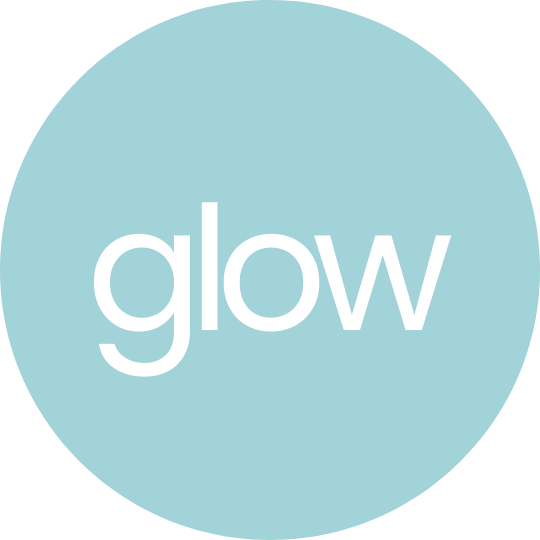The current darling of the skincare world, Vitamin C is supposedly the secret to a radiant, even skin tone.
It lightens hyperpigmentation, balances out blotchiness, and even helps protect against UV rays. When used topically, vitamin C manages to penetrate the epidermis by way of being a water-soluble molecule that can readily pass through cell membranes to be absorbed and transported to the underlying dermis. Essentially – it’s tiny enough to go where it needs to in order to do some good!
Once it gets absorbed into your skin, it can directly fight oxidative stress that leads to wrinkling, hyperpigmentation, and the development of skin cancers.
But is it all it’s hyped up to be?
For all of its benefits and ease of application, we can confidently say 100%. The key is in making sure you’re maximizing your utilization of its benefits.
What does vitamin C do for your skin?
The most essential functions of vitamin C for the skin are:
- Helping the body make collagen, which is important for skin and other connective tissue
- Reducing the destructive effects of free radicals, which protect the skin from sun damage and aging
While research and clinical trials are still in their early stages, these are more expected benefits:
- Providing extra protection from sun damage when used in tandem with sunscreen
- Minimizing redness
- Wrinkles becoming less visible
- Fading dark patches due to hyperpigmentation
- Reducing acne
- Improving the appearance of scars
Exfoliated skin is the key to getting the most benefits from Vitamin C. The biggest hurdle with topical delivery is getting it through to live cells that are beyond the skin barrier.
How do you use it in your skincare routine?
Vitamin C absorbs best when applied to freshly cleansed skin. Wait a few minutes to ensure maximum absorption before using a moisturizer and sunscreen.
In terms of timing, it’s perfectly fine to use either in the morning or the evening. However, most people like to use it during the day. This is because its antioxidant properties protect the skin from pollution and other harmful environmental factors, and it is also thought to boost the effectiveness of SPF.
And it’s worth mentioning that exfoliated skin is the key to getting the most benefits from Vitamin C. The biggest hurdle with topical delivery is getting it through to live cells that are beyond the skin barrier. Chemical peels, hydrodermabrasion (like Hydrafacials), and other gentle mechanical exfoliants will all work to help in getting the most out of vitamin C’s benefits.
FYI: If you are also using Retinol, try to avoid applying these serums at the same time. This pairing is truly a skincare power couple, but they don’t always play well together when applied simultaneously. To avoid the potential risk of irritation, it’s best instead to apply vitamin C in the morning and retinol at night.
Is it OK to use vitamin C skin care products when pregnant?
Yes! During your pregnancy, many dermatologists suggest using a Vitamin C serum every day to help lighten dark spots and prevent pigmentation, also known as melasma or “pregnancy mask.”
I’ve just started using Vitamin C, but I’m not seeing the supposed benefits, what’s going on?
It may take some time, but the wait will be well worth it. After six to eight weeks of including vitamin C into your beauty routine, you will see substantial improvements in your skin. Hyperpigmentation may also see considerable fading after using this for around two months. If you still have concerns about Vitamin C not working well for you, make sure to book a complimentary consult with one of our skin experts to make sure you’re on the right track to meeting your skin goals.
If you think you’re ready to start using Vitamin C in your routine, one of our favorites is from Revision Skincare. Their C+ Correcting Complex is an incredibly potent and effective formula that will reveal a brilliant glow, an even skin tone, and a more youthful appearance. It’s a Glow staff favorite!






